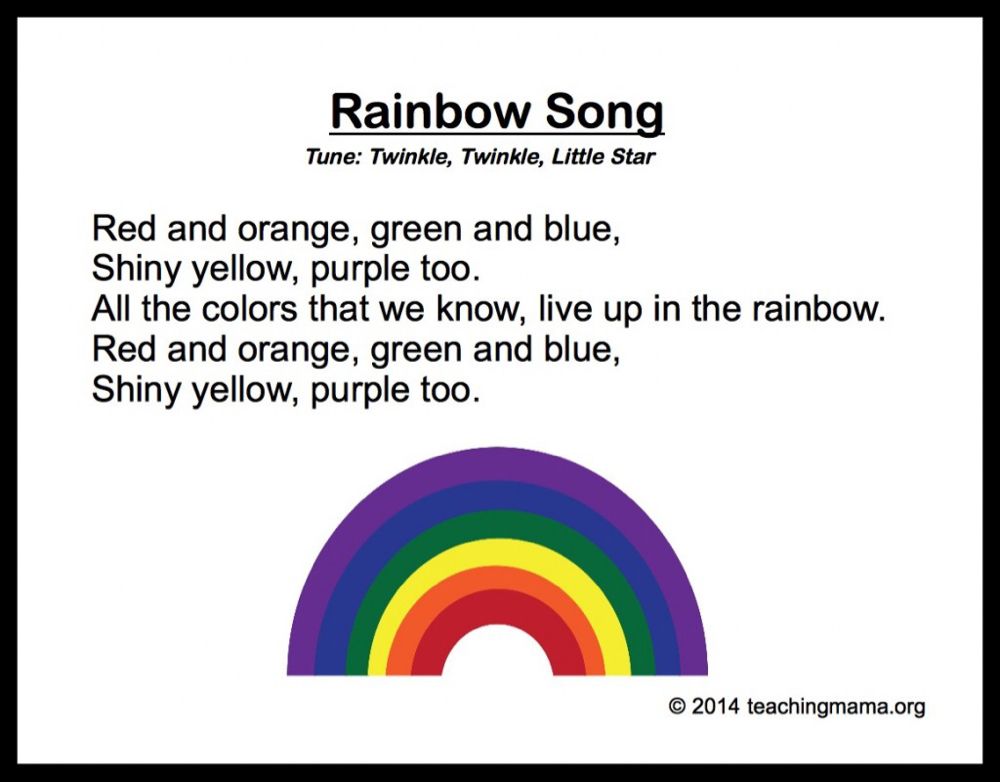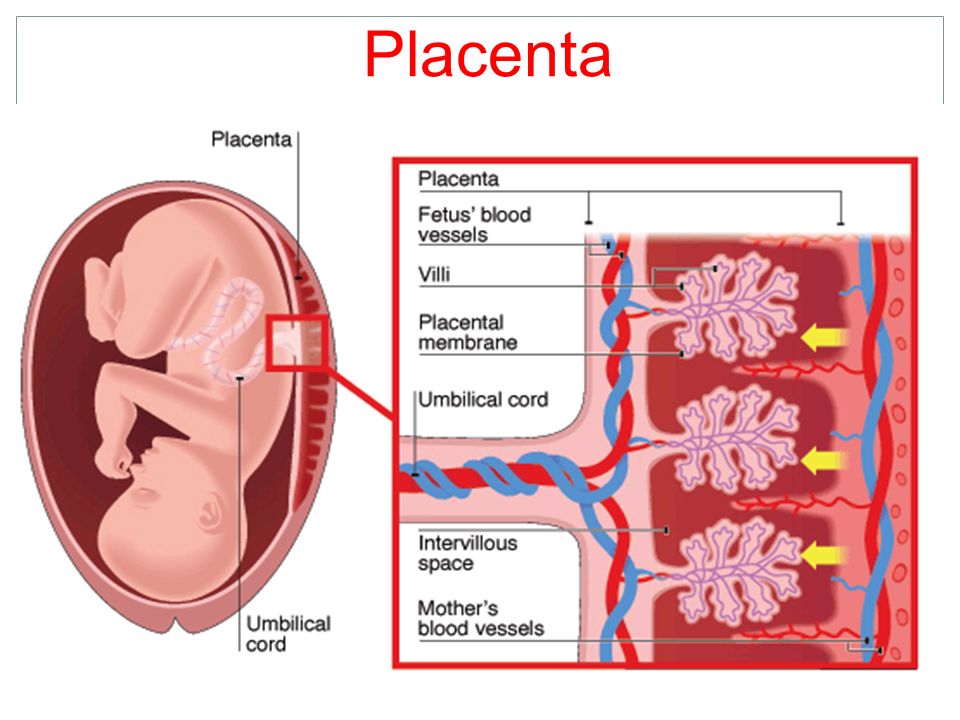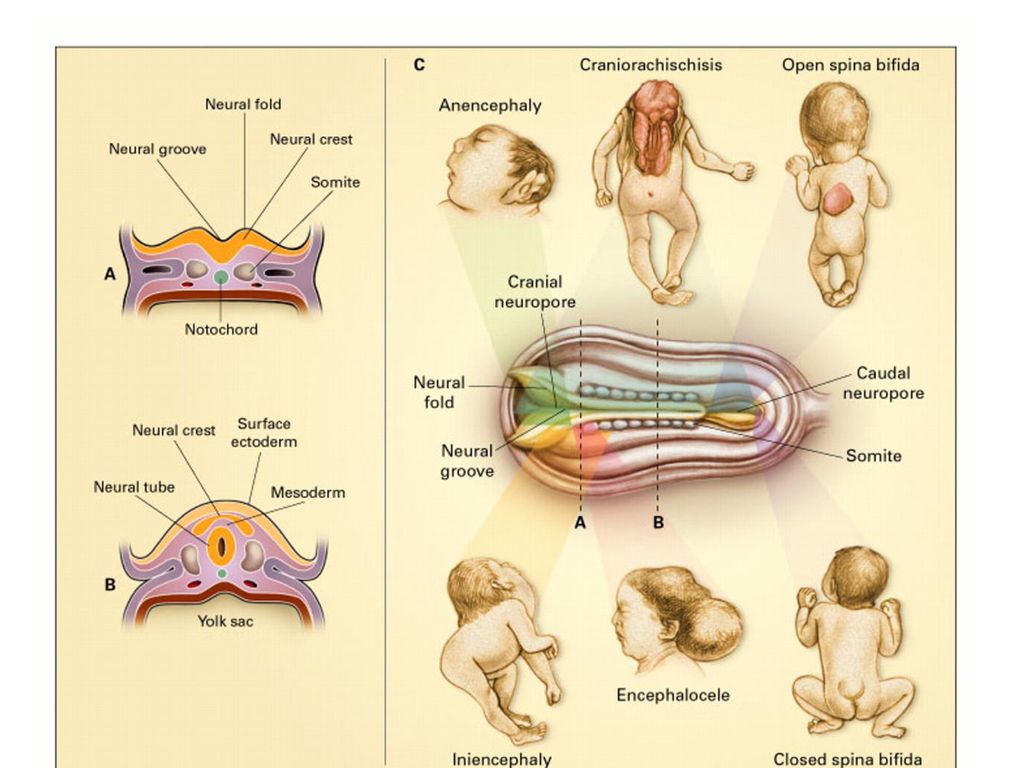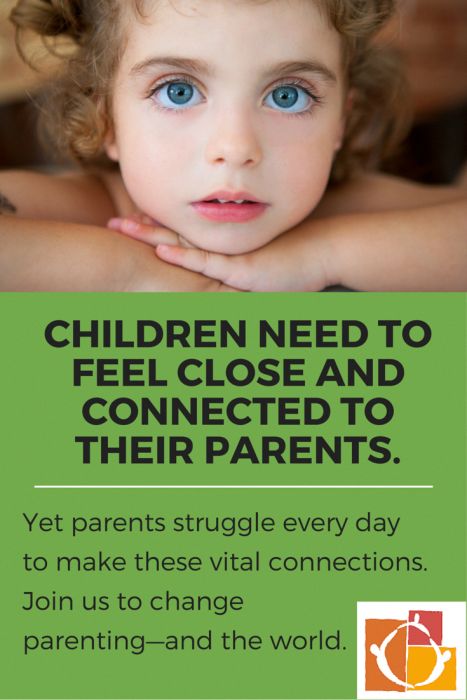How to raise a rainbow child
How to Parent Gifted Children — Holistic Fashionista
RAISING RAINBOWS:
HOW TO PARENT GIFTED CHILDREN
Article by Erin McInerney
In this life, I have been gifted the highest blessings of not only motherhood, but raising light warrior rainbow children. Rainbow children, not to be confused with a rainbow baby, which is a baby born after a miscarriage, are a special group of enlightened and gifted beings being born now to help usher in the New Earth. I have two beautiful lightworker sons who are both empaths and both have their own unique gifts. My sons are souls who will be part of the change, who will be here to help others on their journeys.
As magickal as this all sounds, it doesn’t take away from the difficulties of motherhood. My children are my perpetual mirrors, reflecting back my strengths, my weaknesses, my light and my shadows. Having patience and tolerance for these special boys is my lesson. While I fully embrace their gifts and support them every step of the way, when you have kids that are a little different than others, it can feel like a constant test. What I mean by “different” is they are 5D souls living in a VERY 3D world and this presents many challenges as a parent.
My older son is highly gifted, in fact gifted in such ways I don’t think teachers, therapists or most adults are ready to hear. He is a new soul to this Earth, and he is pure and sweet. He is a visual learner and a right brain dominant kinda guy. He loves art, music, dancing, creating and he is one with nature. I can’t take him on a walk without collecting every stick, hugging every tree and he even attracts butterflies. He is an Aries stellium, and the amount of energy he has is off the charts! I don’t feel traditional school will be a good fit for who he is and how he learns. No offense to teachers, in fact I have the highest respect for teachers, my mother has been a special education teacher for over 30 years, many of my cousins and close friends are teachers, but school has become institutionalized and linear and children are not one size fits all. Children deserve special attention so they can truly flourish and shine.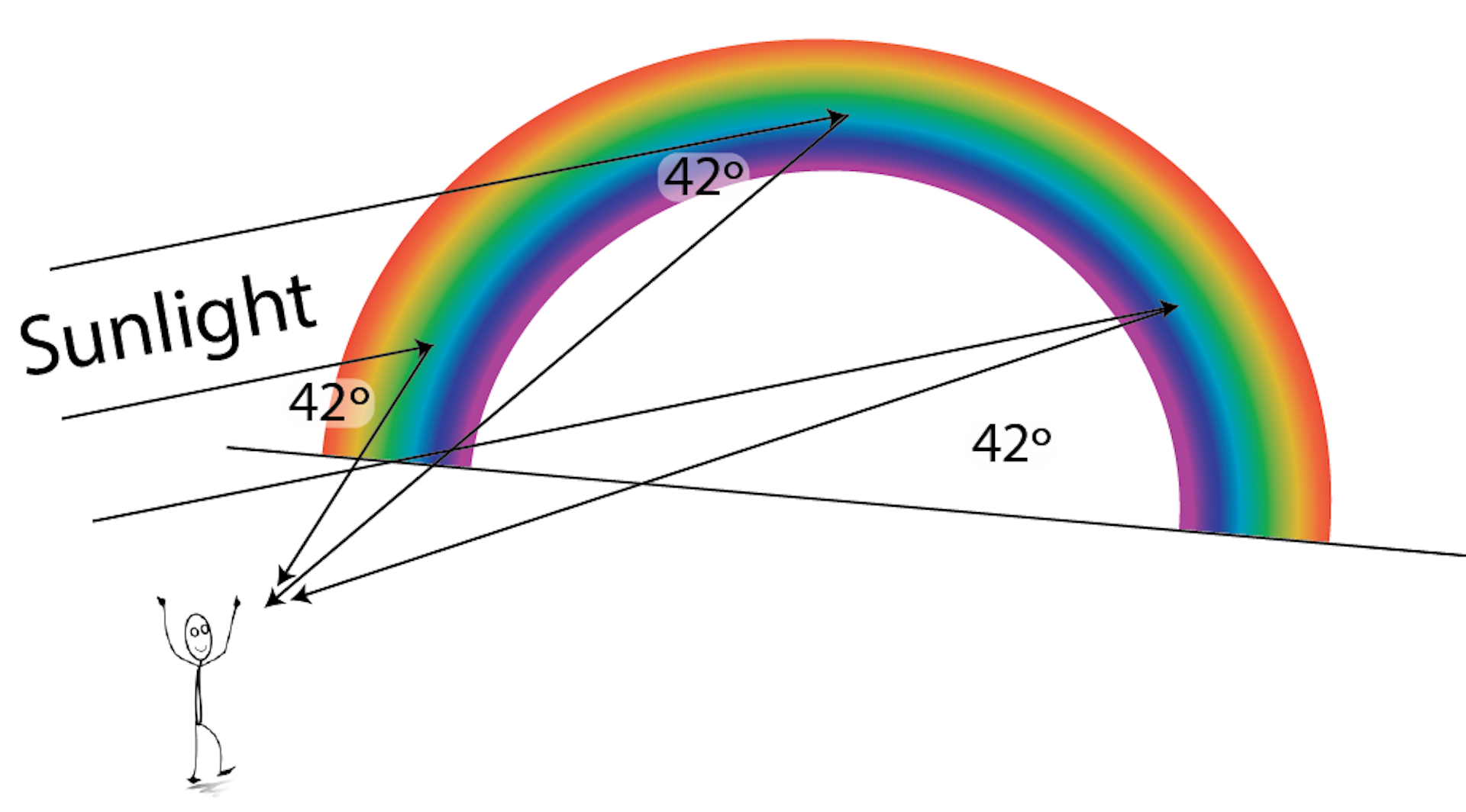
My younger son is also gifted. He is an empath like myself and my big guy, but his gift is he can make the entire room light up. At not even two years old he has a full personality, charming, funny, social, expressive, bossy, quick and oh what an actor! His soul has been here many times before. Traditional school would probably be fine for him, but he also deserves to be in the proper environment to nourish him and how extra he is. (I say that lovingly lol)
Because of the person I am and my own spiritual beliefs, I parent my children a little bit different then most. This usually doesn't get me voted most popular mom at the playground, but good thing I don’t give a shit. I have been working on myself for lifetimes (literally) and I am here to guide empaths and lightworkers on their journeys to unlearn all their conditioning and heal so they may shine their bright lights to the world. I read tarot, I love astrology, (I can and will talk about both for hours on end), I am a Reiki Master, I enjoy the fuck out of eating nourishing foods and treating my body well, I do candle magick, have daily rituals, I talk to my guides every day, I believe in holistic healing and all natural living, I don’t believe the information the media tries to spoon feed me, I am a light warrior. I am not hiding who I am so Karen at the playground isn’t uncomfortable. And I am here to encourage the same for my children.
I am not hiding who I am so Karen at the playground isn’t uncomfortable. And I am here to encourage the same for my children.
If you have gifted children as well, I have a few tips I’d like to share that offer compassion when you feel the test upon you is too great to handle.
I mentioned not being into traditional school for my kids and home school seems to be our only option anyway. I do my best to encourage their love for creativity. Lots of different mediums of art and sensory type play. The more I do this, the more I realize I am here to guide them and not teach them. I also let them play with Angel Oracle cards that reflect things like “compassion”, “rest”, “forgiveness”, “listening” - these are better than any flashcard they would see at school.
Lots of time in nature. We go on walks, lots of time in the water, the beach is both of their happy places, playing in the grass and Earthing. They are at so much peace when they are in nature.
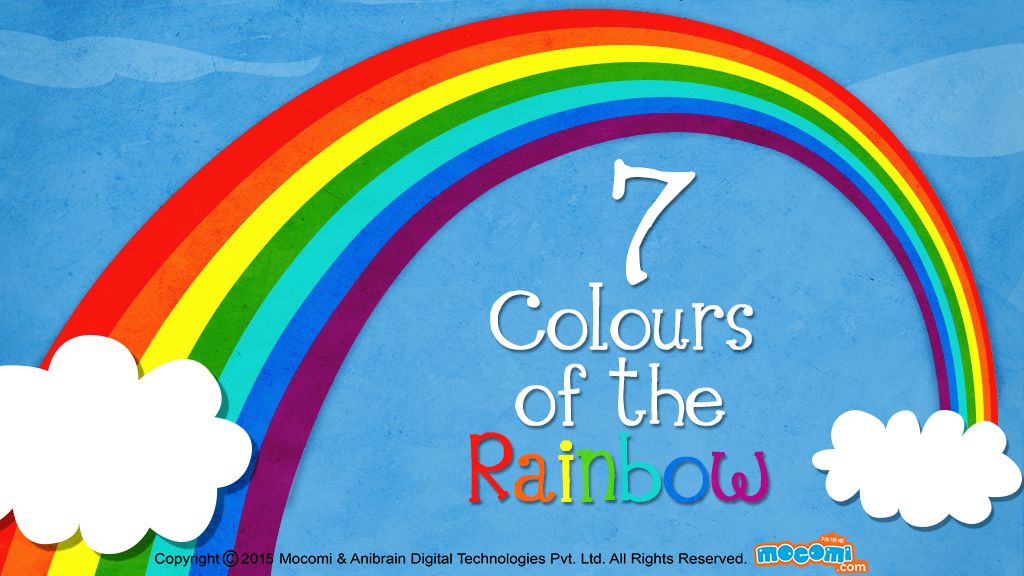
Getting down on their level when they are tantruming. They are throwing the tantrum because they are not able to communicate their needs and not being understood. Get on the floor with them, look them in the eyes, give them their space, and speak to them firmly but compassionately.
Involve them in some of my own practices. They hear me speak in my morning rituals when I talk to my guides and express gratuity and say my mantras. We smudge the house together (safely!), I let them hold my crystals. I have given them both Reiki. We have a special alter for our guides whom they are familiar with. I embrace this stuff with them and hope one day they will form their own rituals and practices.
Personally, I don’t like labels, so when it comes to my kids, I don’t identify them with any in regards to who they are or how someone else says the learn or function.
Using astrology and their birth charts to figure out their personalities has been a game changer!
While this task is a great one, I wouldn’t have it any other way. Lucky am I to get to raise these incredible spirits.
Lucky am I to get to raise these incredible spirits.
How To Raise A Rainbow Child – Embrace Rainbow Energy – Spiritual Unite
If you want to know how to raise a Rainbow Child, then you are not alone. This unique group of Star Children is notoriously challenging to parents because of their unique and evolving needs.
However, because they carry the gift of the full spectrum of Rainbow Energy, it makes them a joy to be around when things are going well.
They have limitless potential for healing and doing good in the world as long as they can overcome their own challenges.
Parenting advice specific to those raising Rainbow Children is sparse at best.
They are far and few between because they have only been incarnating since the year 2000 and have only started arriving in any significant number since 2010.
As a result, there is a lack of experienced parents offering their advice on the topic.
Luckily, over the past few years, there has been more and more advice available to those on this path.
We have collected the best of it so that you can benefit from others’ experience and give your Rainbow Child the best possible start in life.
Nurturing Your Rainbow Child’s Unique Energy
Rainbow Children are high-energy beings, perhaps more so than any of the Star Children that came before them.
The intense vibration of their energy presents opportunities and challenges that you, as their parent, should be prepared to embrace, rather than dread.
The first big challenge you will come up against is related to the speed of their development.
While they develop emotionally at a quicker rate than others, developing empathy and intuition earlier than their peers, they can struggle to conform to social norms and may struggle to start speaking.
That does not mean that there is something wrong with them, just that their challenges are different.
Children are fickle, so when presented with someone who acts a little differently, they can react poorly and selfishly.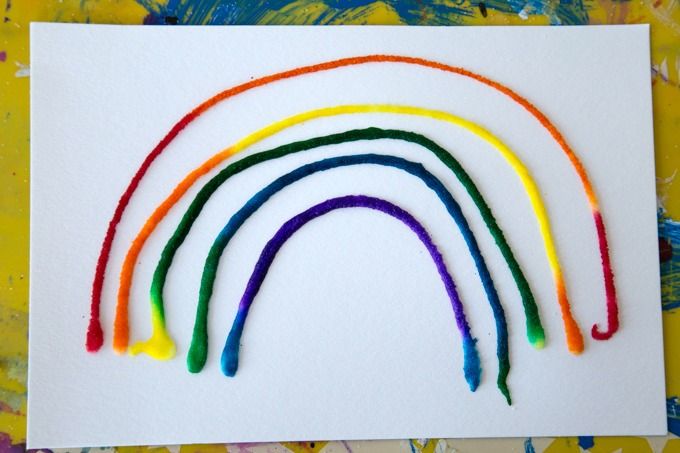
This misjudgment on their part can, unfortunately, lead to isolation for your child, who may struggle to make and keep friends.
One way of tackling this is to find other Rainbows for them to build their social skills. Use social media and engage with teachers and other parents to befriend other children like yours.
It should be said that this is only part of the solution. While making virtual friends fixes the isolation in the short term.
But in the long run, these multi-faceted beings that vibrate the full spectrum of energy need to develop ways to relate with others that do not share this energy.
This is a vital life skill and one that other parents might not need to spend as much time thinking about.
Be Patient When They Are Struggling
Most Rainbows are born to Crystal parents, so there is a natural bond borne from the similarities between all Star Children.
This means that you are likely to be already empathetic and, therefore, quite patient with them.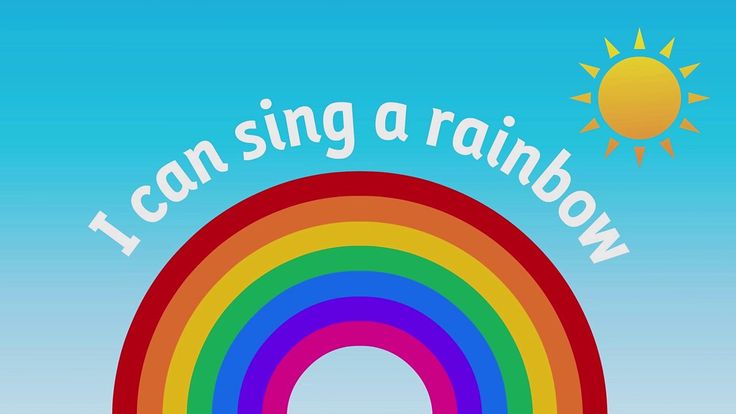
However, the unique challenges that your family goes through can eat away at that patience – after all, you are only human.
The worst thing you can do is lose your patience and take out your frustration on your child.
They are very sensitive to the emotions of others and will understand how you feel more than you think, which can be damaging if you allow yourself to fall to negative emotion.
Provide Outlets For Their High-Energy Behaviours
Rainbows are notoriously hyperactive, always buzzing with energy, and rarely sitting still for long. Being so full-on can cause them to get a reputation as being one of the “naughty” ones, but that is entirely unfair.
If the Rainbow Child becomes too hyperactive, it is because they have not had the opportunity to get all of the pent up energy out of their system.
Your job is to provide ways for them to safely and productively get that energy out.
How exactly you do that will be up to you and your best judgment, based on the unique needs of your family.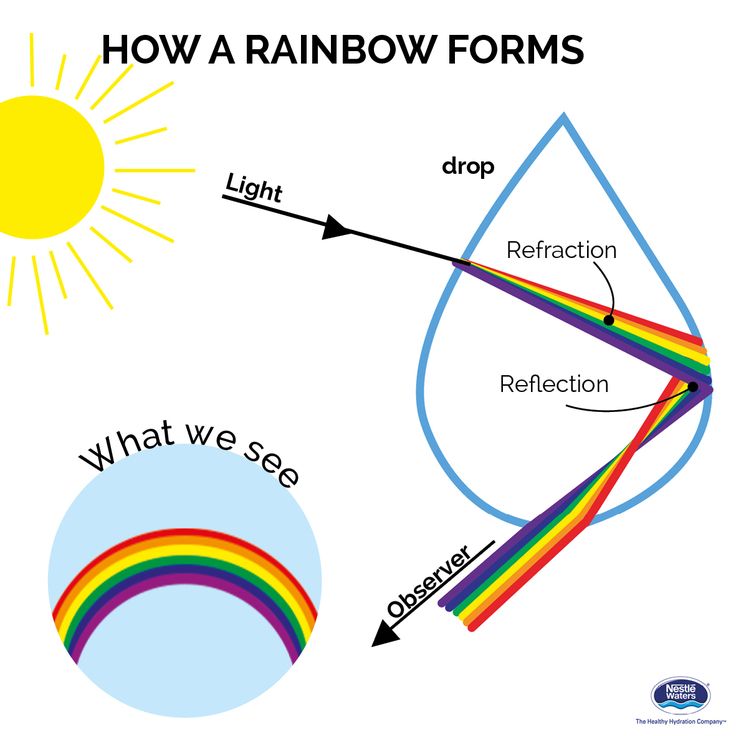
For some, the answer is to tire them out physically, perhaps through sports and exercise.
For others, it is mental stimulation that works best, providing them with plenty of books, puzzles, and creative materials like crayons, pens, and paints.
For most, there is a balance to be struck between these two approaches.
Tell A Positive Narrative
One major issue that often comes up with Rainbow Children is that they start to realize that they are different from their peers.
Noticing the separation can be damaging if not managed properly. All of us tend to see our differences as weaknesses.
Unfortunately, this is often enforced by “bullies” and the narrow-minded as they fear what they do not understand or admire.
Having this judgment cast on the Rainbow Child can create a negative narrative where they start to believe that they are “less than” other people.
Of course, we all know that this is a mistake. Being different is often a good thing, and this is the kind of narrative Rainbows need to tell themselves.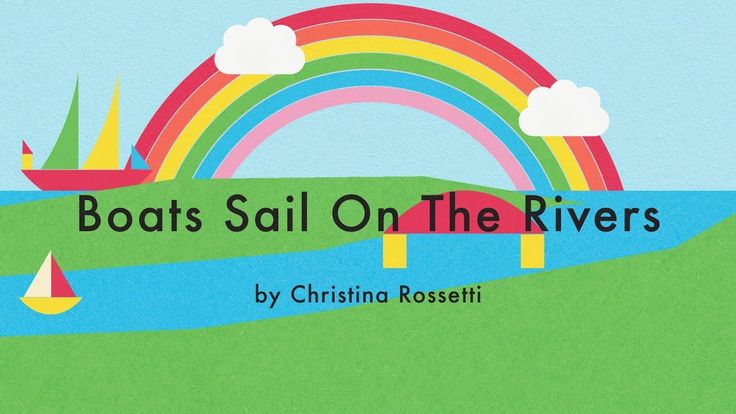
Self-talk like this begins with their parents teaching them – the people they trust the most!
The trap that some parents fall into is always talking about “problems” and “challenges” when discussing those things.
As adults, we understand that this is not intended to be judgemental, but children are less experienced and tend to read into something the wrong way.
Rather than stressing the differences and the problems, you could instead emphasize the areas in which they are strong!
Rainbows are highly empathic and very tuned in to their creativity, so providing opportunities for them to excel in these areas can help to change the way they see themselves.
It is particularly essential to create the right narrative for a Rainbow Child as they tend to be more internal with their thoughts.
We all know the problems associated with “getting in your own head,” so providing some positive external narrative can do the world of good for the development of their own sense of self.
Parents Know How To Raise A Rainbow Child
At the end of the day, it is important to remember that Rainbow Children choose only those who are prepared for the journey.
Following your intuition will rarely steer you wrong as long as you are thinking clearly and focusing on their future.
That being said, there is help out there for people who are struggling with the sorts of challenges you are coming up against.
Never be afraid to ask for help or advice – there is always someone out there who has been through what you are currently facing.
Susan BruntonRainbow children: what talents an extra chromosome can hide in itself
“We move chaotically, look into each other's eyes, shake hands and say our name” - I get into this theatrical game from the threshold. "Dima" - the boy hastily greets me and hides his eyes. "Sasha" - the girl smiles broadly and innocently, does not let go of her hand for a long time, gently touches my hair and face. "Seryozha" - tightly squeezes his palm, almost to the point of pain, so he expresses favor. "Anya" - I feel slightly rough skin and warm touches. All of them are so different, but in some ways similar - in their body there are 47 chromosomes instead of 46. About how children with Down syndrome play in the theater, play football and are going to create their own orchestra - in a report from the Irkutsk regional public organization of parents of children with disabilities capabilities of the Rainbow. nine0003
"Seryozha" - tightly squeezes his palm, almost to the point of pain, so he expresses favor. "Anya" - I feel slightly rough skin and warm touches. All of them are so different, but in some ways similar - in their body there are 47 chromosomes instead of 46. About how children with Down syndrome play in the theater, play football and are going to create their own orchestra - in a report from the Irkutsk regional public organization of parents of children with disabilities capabilities of the Rainbow. nine0003
Not to cure, but to love
With the advent of a special child, family life turns upside down. Instead of "Congratulations", parents hear from doctors: "You can refuse it ...". With anxiety, not joy, they imagine the moment when the baby takes the first step, utters the first word ... In fact, the birth of a child with Down syndrome in a family is not a punishment, but the highest destiny to love. Yes, it is impossible to cure a genetic pathology, but it is possible to raise a sociable, talented child. nine0003
nine0003
— Seventeen years ago, when Danya was born to me, in fact, I was left with the situation alone. Relations with my husband deteriorated immediately, he was against leaving the child, we divorced a year later, - recalls Natalya Popova , the current director of Raduga. - My friends had healthy children, and I had no one to share with, no one to ask for advice. When Dana turned five, we went to Moscow, to the Downside Up center. I went there and freaked out. Mothers stood and chatted at ease, children with Down syndrome had fun playing - it all looked like an ordinary kindergarten. Approximately the same atmosphere I then found for myself in the "Rainbow". nine0003
This public organization appeared in Irkutsk in 2012 and at first united only nine families raising children with Down syndrome. Today there are 140 of them. And this is not just a "circle of interest." Here, parents do not hesitate to ask uncomfortable questions, they learn to understand themselves and their child, immerse him in the ordinary life of society.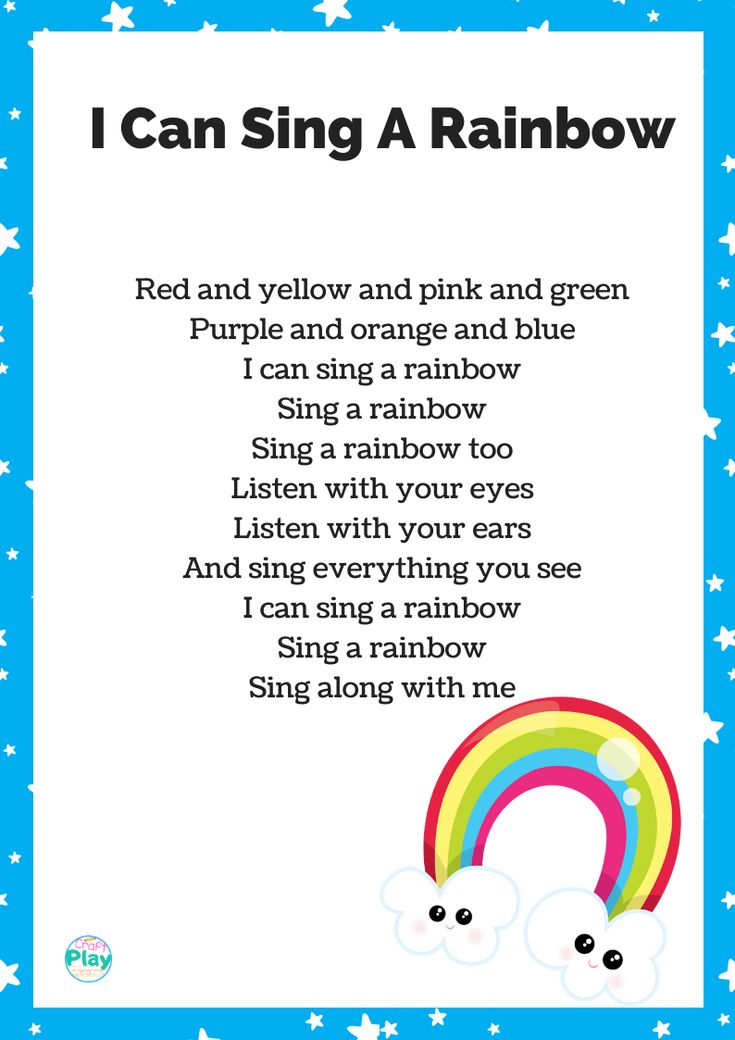 Another important mission of Raduga is to influence the medical community. Today, only in a single region of Russia (Sverdlovsk region) has a protocol been adopted that tells the doctor how to behave when a child with Down syndrome or other features is born. nine0003
Another important mission of Raduga is to influence the medical community. Today, only in a single region of Russia (Sverdlovsk region) has a protocol been adopted that tells the doctor how to behave when a child with Down syndrome or other features is born. nine0003
— I was told in the delivery room that there were violations. Which ones exactly were not specified. The first two days did not bring the child at all, he was lying in a ditch. Then they invited me, they said about the alleged diagnosis, they hinted: “Usually such children are abandoned.” I answered: “But I won’t,” says Natalya. “I can still be said to have been treated gently. Sometimes unthinkable dialogues take place in perinatal centers.
Break the stereotypes
Old medical textbooks read: “People with Down syndrome live up to 25 years. They immediately develop Alzheimer's disease. They are not trained." But here we have Dmitry, he is 44, and he skillfully plays a theatrical sketch.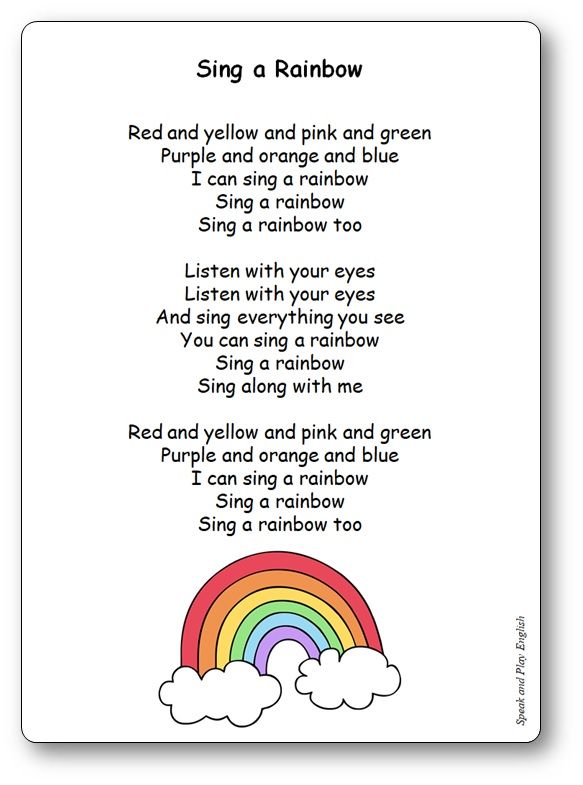 And in "Rainbow" there is a little girl Katya, she is six, and she already knows how to read. nine0003
And in "Rainbow" there is a little girl Katya, she is six, and she already knows how to read. nine0003
— All “sunny children” are different: an extra chromosome can have a greater or lesser impact on the development of a baby, but every child with Down syndrome can go to kindergarten or school, — Natalya Popova is convinced. — Yes, a healthy child develops much faster. For children with Down syndrome, it will take longer, but it will still work.
Irina Viktorovna brought up her son according to the special Australian method "Small Steps". At the same time, I bought a book on the development of an ordinary child and tried to keep the boy from lagging behind. Today Anton is 18 years old, and his parents treat him like an ordinary boy. He makes his bed, vacuums, takes out the trash, goes to the store. True, he still does not know how to count money. “I write him a grocery list, give him money, and he buys everything he needs.” nine0003
Theater as therapy
Over the years, many different projects have been born in Raduga: My and my mother's school, Sports for Good, creative workshops, a dance studio, a football section.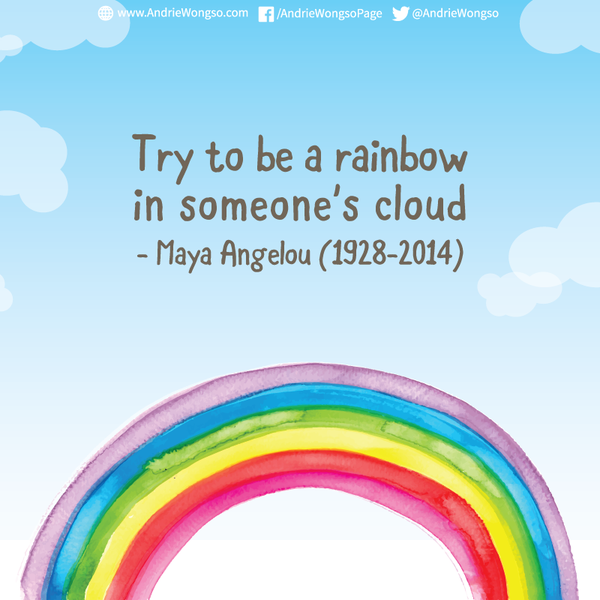 And four years ago, the project "Theater as Therapy" appeared - thanks to Andrey Afonin , the director of the Moscow integrated theater studio "Circle II", where people with disabilities play.
And four years ago, the project "Theater as Therapy" appeared - thanks to Andrey Afonin , the director of the Moscow integrated theater studio "Circle II", where people with disabilities play.
— I got to his training by accident. I read that an acting teacher was coming to Irkutsk, I didn’t notice the phrase “for special theaters,” says Tatyana Chadina , actress of the Irkutsk Youth Theater. - I remember that day I came to work, greeted everyone, checked in, and then got out through the window in the dressing room and ran to the training. I ran in and suddenly realized that there were special guys here. At first I was scared, but in the process I was fascinated by the “sunny children” and was amazed at how talented they are! If we have some complexes, fears that prevent us from opening up, then they don’t have it.
After this training Tatyana Kokina, head of the adaptation and pedagogical center "Pribaikalsky talisman" and the then director of "Rainbow" Lilia Shcheglacheva got the idea to open a similar studio in Irkutsk.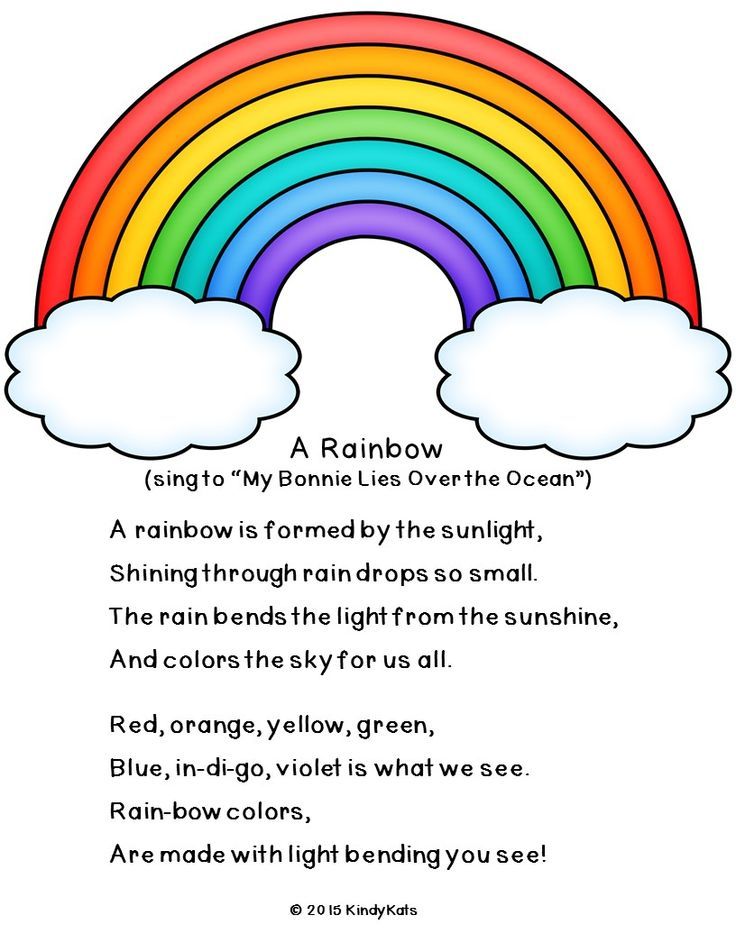 Soon, with the support of the Public Chamber of the city, they launched the Theater as Therapy project. Two professional artists began to teach in it - the actor of the literary theater "Slovo" Nikolai Marchenko and the actress of the Youth Theater Tatyana Chadina .
Soon, with the support of the Public Chamber of the city, they launched the Theater as Therapy project. Two professional artists began to teach in it - the actor of the literary theater "Slovo" Nikolai Marchenko and the actress of the Youth Theater Tatyana Chadina .
Today there are already three groups in the studio: in the older one there are 25 children, in the middle one there are seven, in the younger one there are three. Parents note that thanks to the theater, children have learned to concentrate, fantasize, listen to each other and do something together. And some even got rid of physical clamps. nine0003
— Ivan, our sparkling artist, had a strong muscle spasm since childhood, and this was especially pronounced in public transport. After theatrical classes, he learned to control his muscles, relax, and after a while got rid of the clamp. Now she rides the bus without fear,” says teacher Tatyana Chadina.
The guys started with etudes, but recently presented a serious work - the plastic performance "Crow's Dreams". Of course, in each such performance there is a large share of improvisation. nine0003
Of course, in each such performance there is a large share of improvisation. nine0003
- Now all our creative projects are united in "Studio O". In addition to theater and dance, it will have inclusive creative workshops where our guys can work side by side with ordinary people, as well as its own noise orchestra, Natalya shares her plans.
All these creative activities not only develop abilities, but most importantly, they make students believe in their significance. One of the artists of the theater studio, Sasha, was once approached by a man in the store and held out a chocolate bar. His mother immediately objected: “No need, we have everything.” To which the man replied: “Today is a holiday, I just want to give your son a gift.” nine0003
The woman hesitated, but accepted. Leaving the store, Sasha smiled and said to her:
— You see, mom, they already recognize me on the streets! One more performance - and they will definitely start taking an autograph.
Photo by Valentin Karpov
What is it like to conceive a rainbow child?
For us, the biggest problem with conceiving and carrying a rainbow baby was that on some level it all seemed post-traumatic.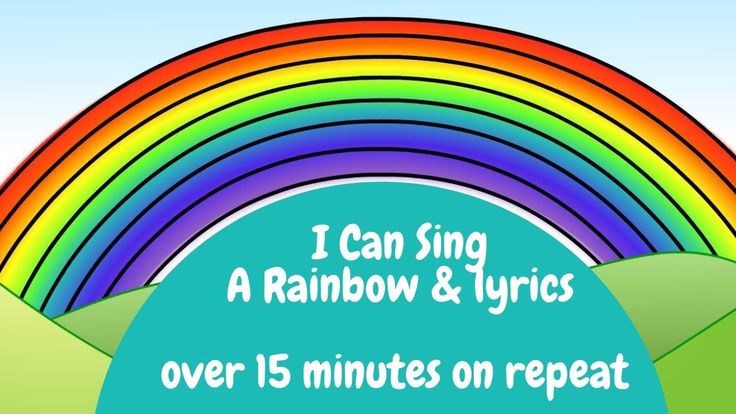
For those not familiar with this term, "rainbow baby" is a baby conceived after a pregnancy loss. Our rainbow baby was born after a stillbirth, at 33 weeks, of my second child. I'm not going to lie; everything about the emotional attitude towards pregnancy and childbirth after the loss was difficult. But a lot of things were great too. I would not and could not change anything.
I first became aware of the possibility of my stillbirth when I noticed that the baby's movement had decreased. Of course, I wondered what I had heard about "fetal death" and was horrified. Later, when I actually gave birth to a child who was already dead and was on a fault line where death precedes birth, I realized on some cellular level that the only way to survive was to achieve some sort of recultivation. nine0003
When my doctors finally gave the green light to conception, my husband and I were mostly shocked, feeling a mixture of past grief and continued belief in miracles.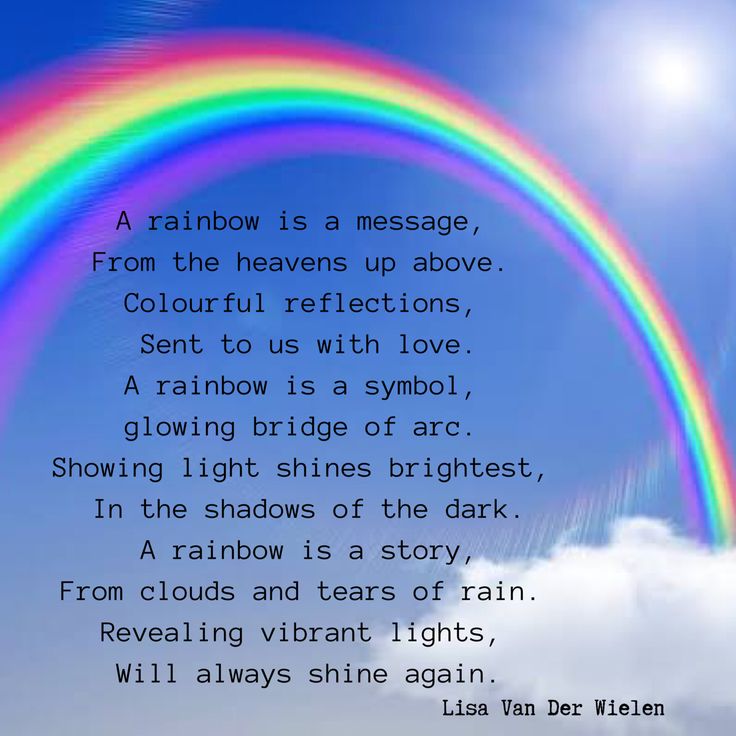
Nevertheless, we started trying to conceive. We haven't told many people because it can bring so much anxiety or annoyance when the welfare of the world advises you, including advising you to enjoy effort (sex). To these people I say yes, sex is good. But after the loss, it's also confusing. What you want the most is what you fear the most. In addition, you are not always in the mood when your chances of conception are highest. That's all. nine0003
One late summer afternoon, I was at an Irish festival by the Hudson River. It was a damp day, and in summer everything smelled like the valley—all the fertile soil, rich and lush. I remember girls in dance costumes and that I was hungry. I think I ate about four hot dogs (and I hate hot dogs!).
Late in the evening I took a pregnancy test. He was positive. I sat down on the edge of the toilet, happy and scared. It occurred to me that nine months is almost a year. I put my head on my knees to calm my breathing. nine0003
Nine months is a long time to live in a state of panic.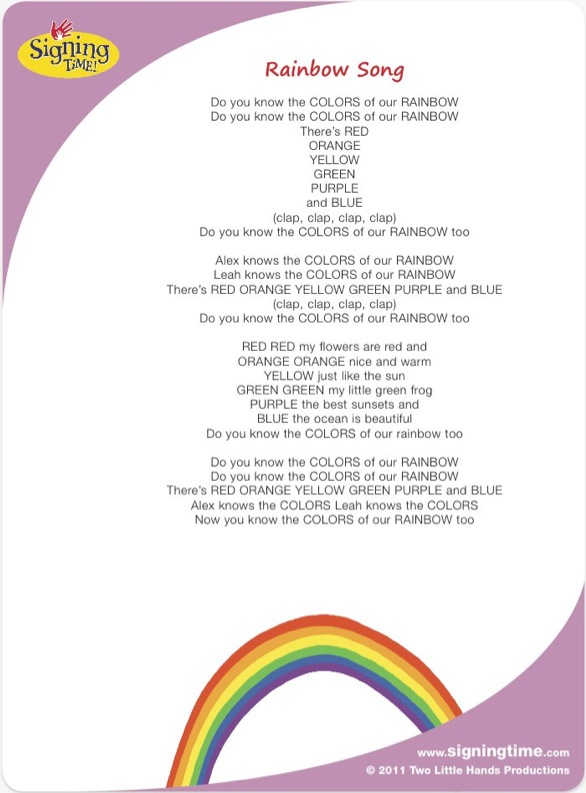 By that I mean that pregnancy requires a certain amount of care - and a kind of trust. Caring is something that can be controlled, but this does not guarantee a good result.
By that I mean that pregnancy requires a certain amount of care - and a kind of trust. Caring is something that can be controlled, but this does not guarantee a good result.
In the aftermath of a pregnancy loss, part of the trust is a constant sacrifice. In truth, I never learned to trust my body again. I have made peace with this fact. At the time, I was a little disengaged. I kind of split up. I humiliated myself in front of myself. When I first felt the baby move, I started talking to myself and thanking every part of my body that was working, even as I let my brain protect me from fear. There was an unconscious switch that I learned to turn off when I needed it. nine0003
Of course, sometimes I was scared when I didn't feel movement. I remember pouring a glass of juice one morning to get the baby moving. As I sat there, the switch in my head was turned off. I thought, "I'm drinking juice like I used to do before." I raised the glass to my mouth. I waited. This time he moved.